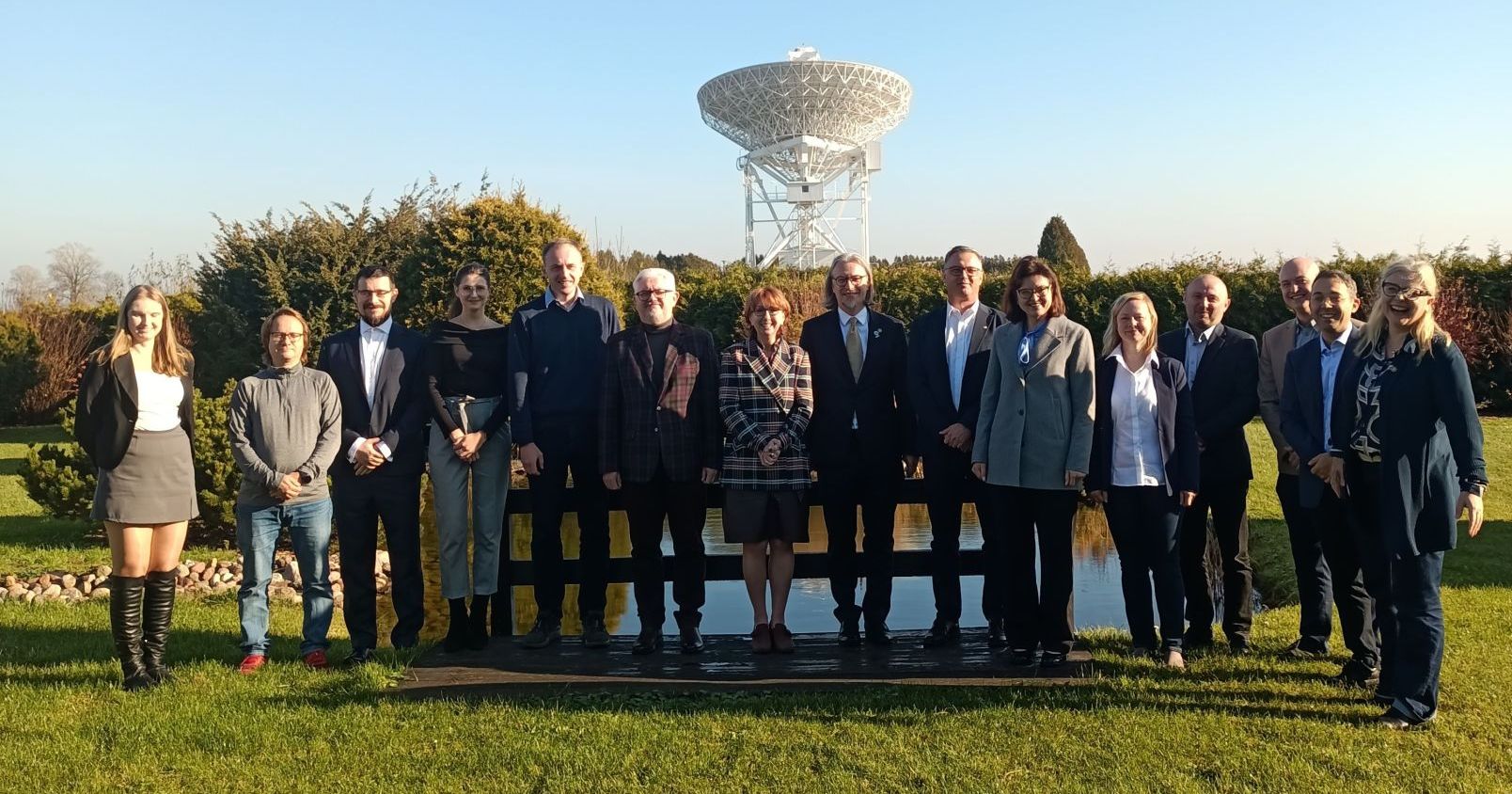 Exact sciences
Exact sciences
Polish Dual Use Tech Hub Meeting at the NCU
On 7 November 2025, the Astronomical Observatory of Nicolaus Copernicus University in Piwnice near Toruń hosted the inaugural Polish Dual Use Tech Hub Meeting – the first initiative of its kind in Europe dedicated to integrating Polish and European research infrastructures for civil security and defence.
The objective of the event was to initiate coordinated efforts among scientific communities representing fields such as radio astronomy, synchrotron research, and quantum communication, bringing together their combined potential in the development of dual-use materials and technologies.
The meeting was hosted by Professor Adam Kola, Vice-Rector for Research at Nicolaus Copernicus University in Toruń. The project is coordinated by Dr hab. Agnieszka Słowikowska, Professor of NCU and Director of JIV-ERIC, and Dr hab. Jakub Szlachetko, Professor at the Jagiellonian University and Director of the National Synchrotron Radiation Centre SOLARIS. The initiative is being developed in cooperation between Nicolaus Copernicus University, the University of Zielona Góra, and SOLARIS at the Jagiellonian University, with the aim of building coherent and durable frameworks for collaboration among Polish and European research infrastructures engaged in dual-use technologies.
Discussions during the meeting focused on the major challenges related to the consolidation of large research infrastructures, as well as the need to harmonise access procedures for their use in strategic projects. Participants also began the process of mapping national scientific potential in key areas of technological security, such as monitoring GPS signal interference using radio telescopes, developing quantum communications, and situational awareness in space, including analysis of threats to space and ground infrastructure, the study of material resistance for the space industry, and cutting-edge sensor and shielding technologies for security systems.
The event brought together representatives of leading European research institutions and defence organisations, including Leonard van Lembergen from the European Commission (DG RTD / DEFIS), Dr Ulf Ehler from the NATO Science and Technology Organization, Professor Simon Garrington of Jodrell Bank Observatory (University of Manchester), Professor Nigel Mason of the University of Kent and the Europlanet Society, Dr Izabela Rottmann of the Max Planck Institute for Radio Astronomy, as well as a representative of the RadioNet consortium, as well as Prof. Agnieszka Chłoń-Domińczak, Vice-Rector for Research at the SGH Warsaw School of Economics. Their presence underscored the international scope of the initiative and its significance for European research and innovation policy.
In the context of ongoing discussions on research security, including recent work in Brussels, Professor Adam Kola highlighted the broader challenges facing today's academic and research community:
The current geopolitical situation – not only in Poland, but across Europe – compels us to rethink security, including research security. As the science and higher education sector, we face a fundamental challenge: how to protect academic freedom and the achievements of open science while ensuring the security of research activities, their results, and their communication. This is a discussion we are intensively pursuing in Brussels as part of the broader work on research security. The inauguration of the Polish Dual Use Tech Hub Meeting at Nicolaus Copernicus University in Toruń is, in this context, an important and necessary step forward – creating a space in which science can responsibly respond to emerging challenges in technological security.
The inauguration of the Polish Dual Use Tech Hub is a preliminary step towards establishing pan-European cooperation between research infrastructures dedicated to dual-use research. The project aligns with the strategic priorities of the European Commission, including preparatory work for the FP10 programme, and responds to the urgent needs arising from the evolving geopolitical context and the imperative to strengthen Europe's technological autonomy. Together with its partners, Nicolaus Copernicus University is committed to building a robust, integrated platform for collaboration that may become a key component of Europe's technological security ecosystem.
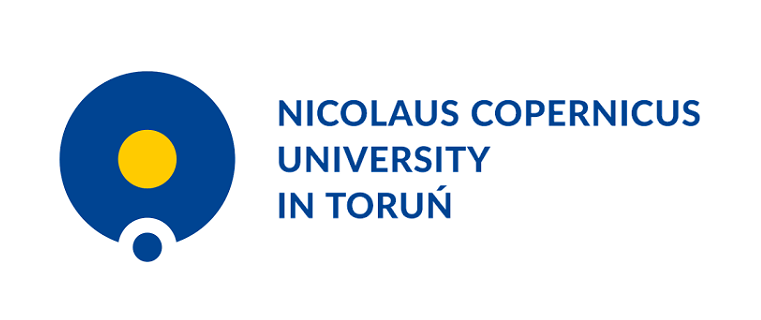 NCU News
NCU News






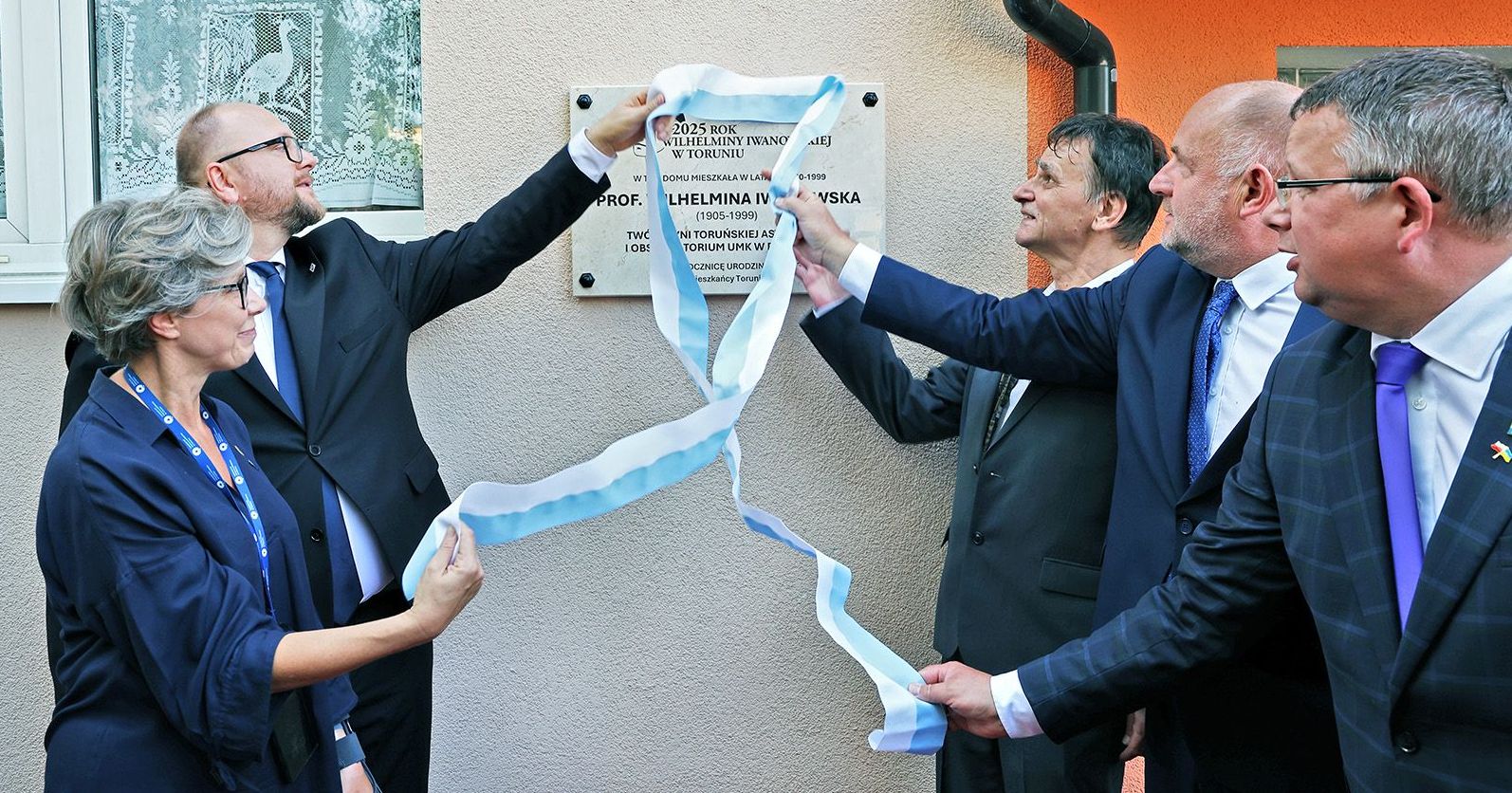 Campus life
Campus life

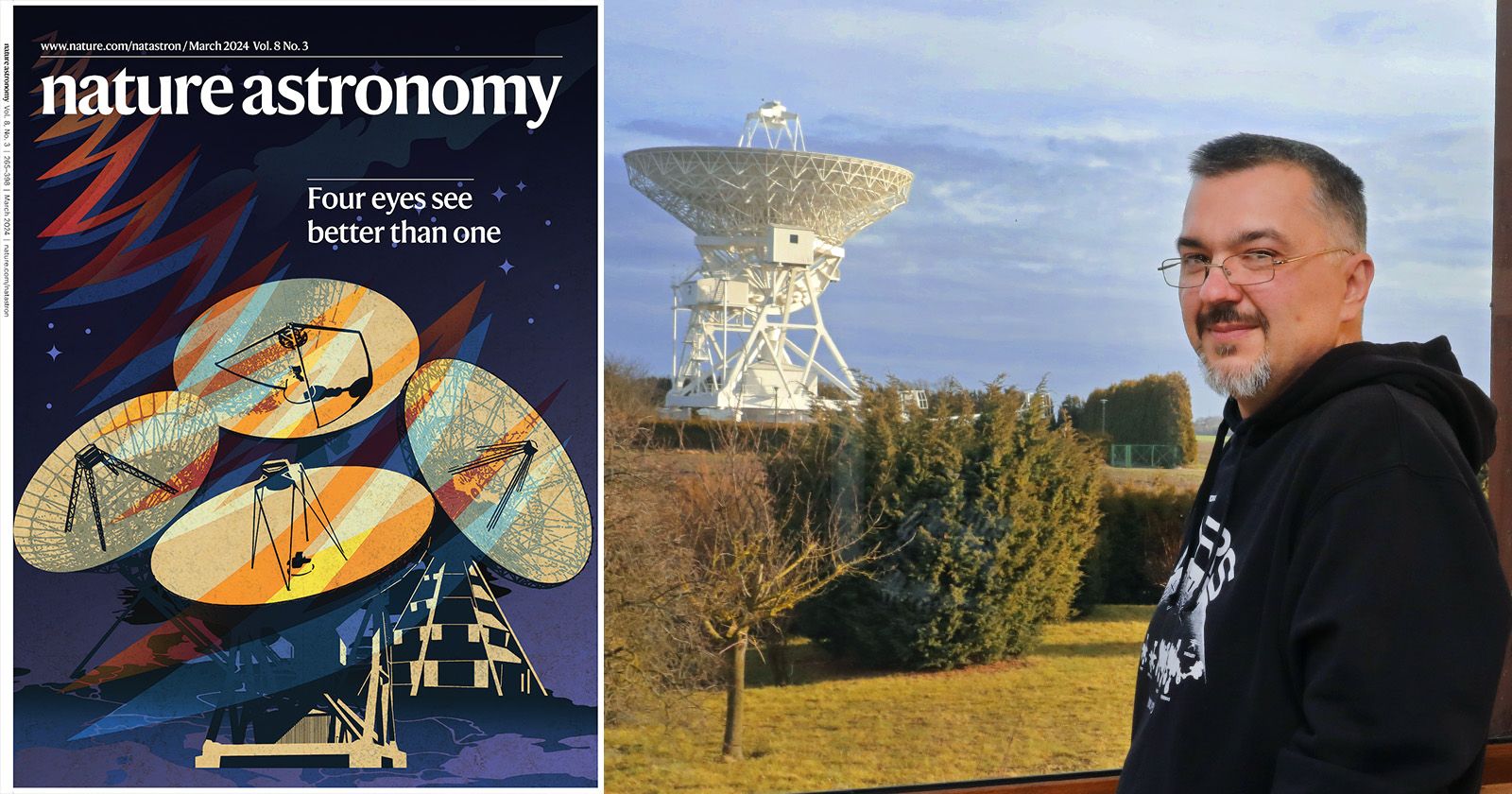 Exact sciences
Exact sciences
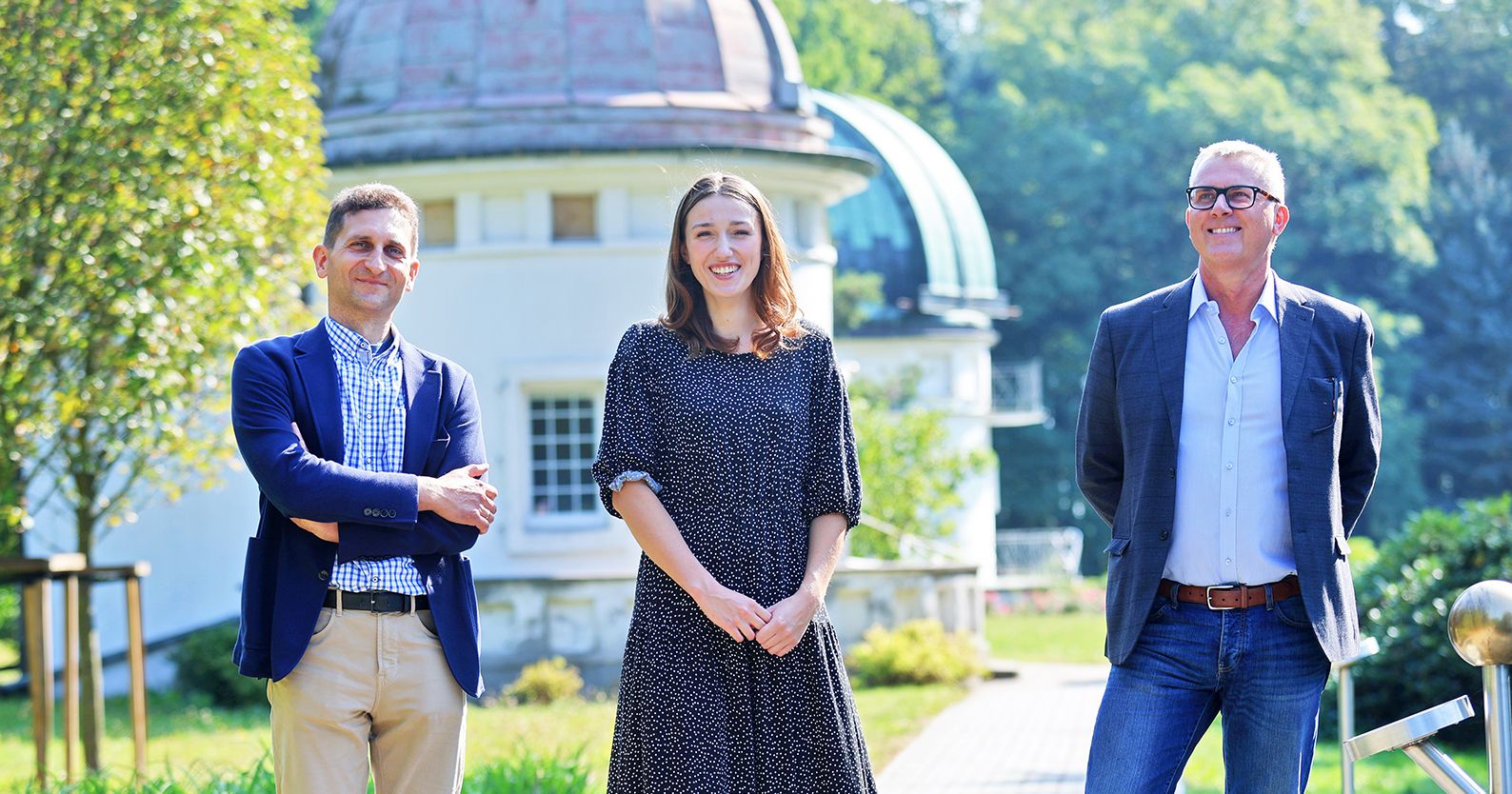 Exact sciences
Exact sciences